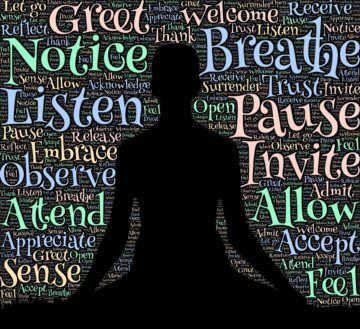
A Positive Attitude Improves Health
Did you know that decades of research have proven that a positive attitude can improve your immunity, decrease anxiety and depression and reduce the likelihood of engaging in harmful behaviors? This is yet another way that we can empower ourselves to lead healthier, happier lives. While it is critically important not to deny the less-than-comfortable emotions that can pop up in our daily lives, it is equally important that we not dwell in these emotions, allowing them to come and go as the tides. While this can often feel easier said than done, is it always useful to stay in touch with our breath and our hearts. When we slow down and tune in to what we are feeling, it is easier to make decisions that will benefit us in the long term.
Staying positive is also much easier when we surround ourselves with positive people, reduce engagement with the news and social media, and mindfully choose music and television shows that uplift us. Taking herbs, receiving acupuncture and massage, getting good sleep, exercising and eating right will also give our body increased resiliency so that we can more easily handle the bumps in our lives. Finally, pay attention to what you are telling yourself every day. Are you giving yourself positive messages about your life, or are you allowing classical “stinkin thinkin” to take up real estate in your mind?
A positive attitude starts with paying attention. I promise you that even if you have to remind yourself to take a deep breath and change the direction of your thoughts 100x/day for a week, next week it’ll only be 99x/day and so on. Checking in with our hearts has far-reaching benefits for our current and long-term health, improved relationships, and a more enduring sense of well-being overall. Check out this short video from the HeartMath Institute for a few more facts about the importance our emotions has on our physical health.











